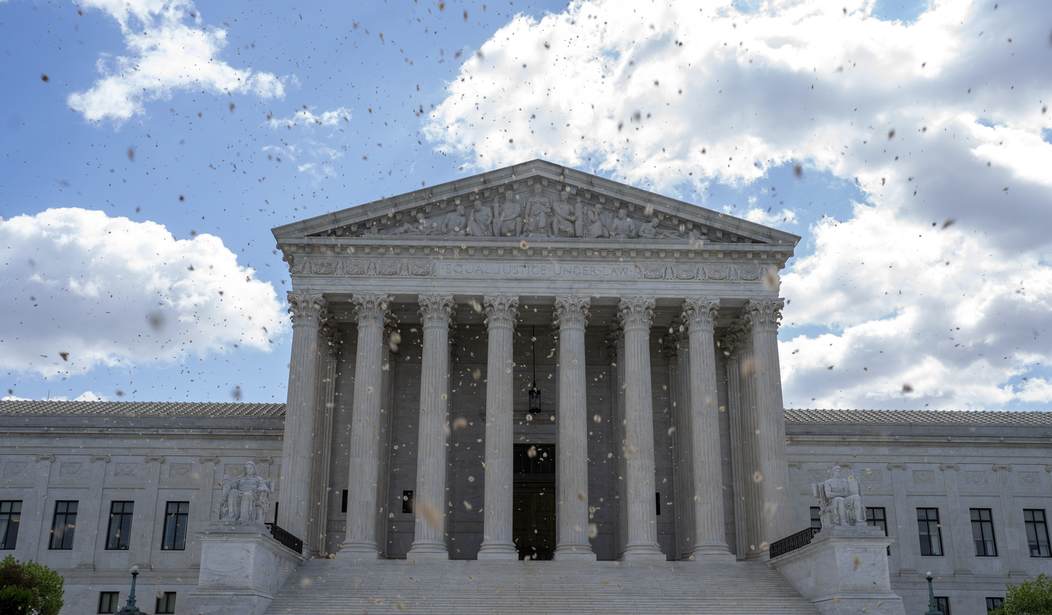News that the Supreme Court has accepted a case out of Mississippi involving a limit on abortion later than 15 weeks has the talking heads chattering a mile a minute. Could this case result in a victory for advocates of life? Could babies be protected from abortion before “viability,” a point that has moved earlier in pregnancy but is not (yet) at 15 weeks? Could the Court even go further and reverse Roe v. Wade and later cases that struck down the pro-life laws of all 50 states?
Planned Parenthood’s former special affiliate, the Guttmacher Institute, has weighed in on another question that intrigues the media: What will the women of Mississippi do if the state does not allow abortion? In a fact sheet published at its website, Guttmacher could not help but note that Mississippi is not all-in for abortion. The state has three facilities that perform abortions, only one of which holds itself out as a “clinic,” the Jackson Women’s Health Organization. JWHO is the plaintiff against the state of Mississippi in the Supreme Court case called Dobbs v. Jackson Women’s Health Organization.
Long before this case, and consistently over time, Mississippi has had one of the lowest abortion rates in the country, at barely one third of the national average. The views of the state’s people can hardly be doubted. As Guttmacher acknowledges, 99 percent of the state’s counties have no abortion facility and 91 percent of Mississippi women live in those counties. The protection of unborn children at the 15-week mark in the state is, to put it mildly, not a major change there, but a decision by the Supreme Court reflecting the democratic judgment of Mississippians would reflect the popular view everywhere.
Recommended
But what about resources for women? Think about the thin gruel the abortion industry offers the state’s women: an act of destruction that ends a life developing in the womb. Concerning the alternatives, outsiders’ limited idea of Mississippi’s partnerships for women’s health care are often blinkered. A fresh assessment by the Charlotte Lozier Institute yielded some revealing numbers:
- There are at least 31 medical, resource, and mobile unit pregnancy centers serving women and their families in Mississippi as of May 18, 2021. Of these, 21 are medical pregnancy centers providing services under the supervision and direction of a licensed physician, and 10 are non-medical pregnancy centers. One center is located in the building next to the sole Planned Parenthood center in Mississippi.
- There are 21 Federally Qualified Health Center (FQHC) organizations in Mississippi, 18 of which advertise obstetrics and gynecology or women’s health care as part of their services, as of May 18, 2021. These 18 organizations operate a total of 145 FQHC service sites (not including pediatric-only, dental-only or school-based sites), which do not perform abortions. Additionally, there are several other school-based FQHCs serving youth attending high school and which are barred by federal law from performing abortion.
- Finally, there are also 198 Rural Health Clinics (RHCs) in Mississippi as of January 2021. These clinics, which owe much of their existence to New Deal Era initiatives, provide general outpatient health services in areas designated as non-urban and where access to physicians has traditionally been difficult (e.g., areas designated as medically underserved or having a health professional shortage or other shortage). Mississippi’s RHCs are federally funded health clinics certified by the state.
Meanwhile, Planned Parenthood has one center in Mississippi, in Hattiesburg, which does not perform abortions but does refer for them. Planned Parenthoods also market abortion pills, a hazardous practice that further distances expectant mothers from in-person medical care. The Hattiesburg Planned Parenthood center is operated by the Planned Parenthood Southeast affiliate, one of the affiliates that applied for the Small Business Administration’s Paycheck Protection Program COVID-19 relief funds and received between $350,000-$1,000,000, according to the Department of Treasury’s Loan Level Data made available to the public in July 2020.
Planned Parenthood is awash in taxpayer funds, but devoid of pregnancy services and general women’s health care. So we ask you: who is providing Mississippi’s women with the personalized, life-affirming care they want and need? As taxpayers and neighbors, we can say with confidence it isn’t the jaded abortion industry. It’s you and me, and we trust and pray the Supreme Court will hear our arguments and agree.
Charles A. “Chuck” Donovan is president of Charlotte Lozier Institute, the research arm of Susan B. Anthony List.
























Join the conversation as a VIP Member